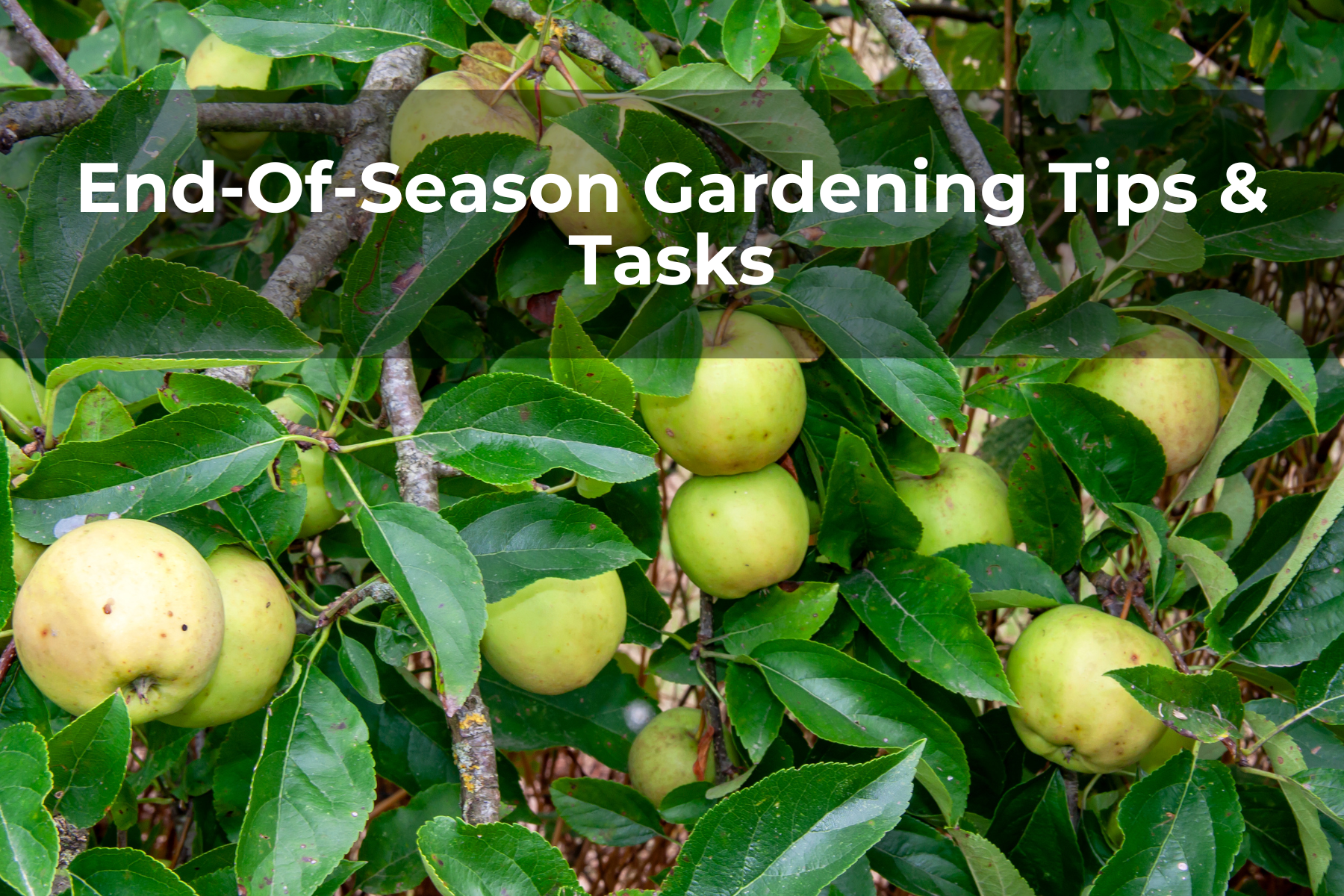Last Updated on August 17, 2022 by Real Men Sow
No matter what season it is, you can always do something in the garden. These end-of-season gardening tips and tricks will help you with that. Even in the winter, when the ground is frozen, and there’s not much growing, you can still take steps to prepare for the spring. And in many ways, preparing for the spring is just as important as preparing for any other season. After all, spring is when new life begins to stir, and the world starts to awaken after a long winter’s sleep.
If you don’t have enough product to use immediately, it is best to learn how to preserve it. To preserve your produce all year, you can freeze or dry it in your garden.
End-of-season Gardening Seed Saving
It is possible to save seeds from the strongest and healthiest plants you have to replant next season (assuming that you choose open-pollinated seeds or heirloom seeds)
Some of the most accessible seeds you can save are tomatoes, beans, peas, and lettuce. Let the plant go to seeds (if it is lettuce or another kale plant, it will bolt and eventually produce seeds). The seeds can then be taken from the tomatoes and washed.
It is a good idea for you to keep the seeds of your highest-yielding plants. This will allow you to grow them again next year, save money on seeds, and increase your self-reliance. The more you keep your seeds safe, the more likely they will be passed on to future generations. You might even be able to create an heirloom plant!
Put Your Garden to Sleep for Winter
You may decide to plant a fall crop, but you should still remember the basics of crop rotation. At some point, you will have to put your garden to rest for winter.
- Make sure you remove all plants from the garden. Mulch and compost the healthy plants and toss any plants that are not in good condition.
- Soil fertilizer or compost can be added to the soil in the autumn to allow it to soak into the soil and replenish nutrients.
- Decide whether you want to plant a cover crop. Cover crops are used to control soil erosion, weeds, pests, and even fertilize and aerate the soil. For the winter, you might use clover or alfalfa to cover your garden.
- Hoop houses can be used to warm your soil, which can lead to early spring planting and help control weeds. You might also want to grow some cold-hardy plants during winter months.
- Don’t forget to put away your tools! You don’t want your garden tools to rust, or your watering cans to burst if they are filled with water during the rainy season.
You can put everything in your greenhouse, garage, or shed and then cover it with a blanket for winter. Take a break, open a jar of homemade goodness, and enjoy it with a spoon while you dream about the future garden seasons.


